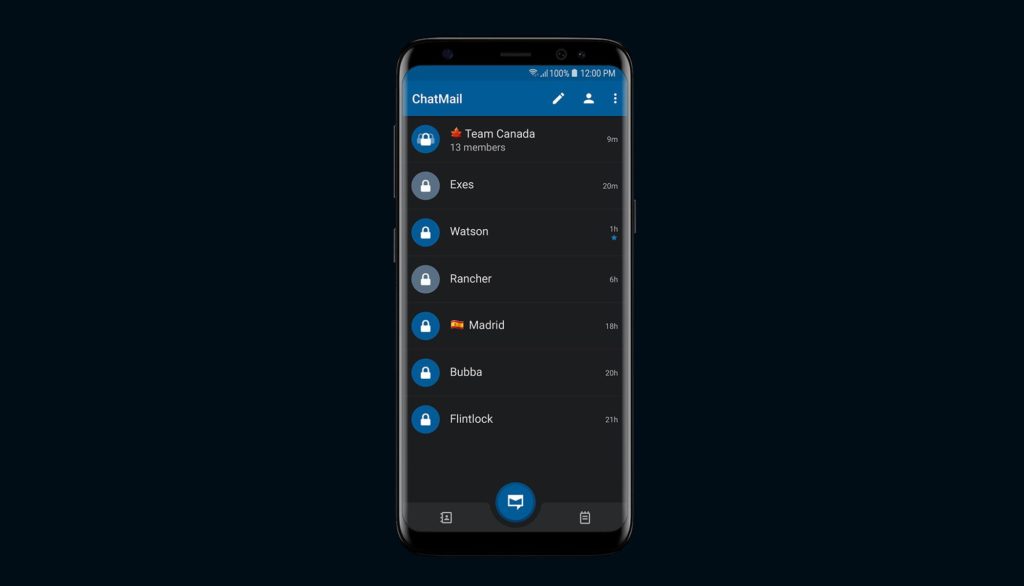Journalism has never been a particularly easy job. By its very nature, reporting involves digging up secrets that many would prefer to keep hidden, and shining a light on issues that may not always make governments, corporations, and international organizations look good. So it is, perhaps, unsurprising that journalists may at sometimes find themselves threatened by those about whom they are writing.
But if the statistics kept by groups like the International Federation of Journalists are to be believed, things are getting worse. The number of journalists killed on the job in 2018 rose, as did the number of prominent political leaders worldwide who were critical of the freedom of the press.
Journalists working in the current climate of fear, intimidation, and obstructionism, must take steps to protect their work, both to keep themselves safe and for the sake of press freedom. One of the most important of these steps involves securing personal and business communications.
While most people take for granted that their email, chat, and SMS conversations are private, this is far from the case. Some estimates suggest it could take less than ten minutes for an experienced hacker to gain access to a private email account, and governments routinely monitor the information being sent and received by people within their borders.
For this reason, it isn’t always possible for journalists to keep third parties from accessing their messages, and the only way to make sure your texts are safe and really guarantee that confidential messages stay confidential is by using encryption.

Encrypted smartphones from providers like ChatMail Secure use sophisticated encryption algorithms protected by electronic keys to ensure that even if third parties intercept your messages, they won’t be able to decrypt them.
ChatMail’s proprietary ChatMail Advanced Messaging and Parsing Protocol (CAMP) uses PGP and Elliptical Curve Cryptography to provide multiple layers of encryption protection, and because it integrates them into a single secure end-to-end communication tool, journalists can easily message a wide range of different contacts.
One of the most remarkable things about ChatMail, however, is its functionality. With ChatMail, users can access to chat, voice, and image messaging options, and they can also use group chat and even anonymous group chat. This feature is of particular use to journalists, because it allows them to facilitate conversations between contacts while ensuring that identities are protected, making it an ideal way of helping editors ascertain the credibility of sources without giving away source identities.
Finally, and perhaps most importantly, ChatMail phones don’t store personal information on servers, which means that messages sent to a ChatMail phone can only be accessed on that phone.
Over the course of 2018, ninety-four journalists and media workers were killed in bombings, targeted killings, and crossfire incidents — twelve more than had died the previous year. But these violent deaths were only the tip of the iceberg: thousands more journalists suffered threats and verbal abuse.
Protecting yourself as a journalist, and protecting the integrity of the fourth estate, starts with protecting your communications. Tools like ChatMail encrypted smartphones can help you make sure that sensitive information related to your stories, your sources, and your ongoing investigations doesn’t fall into the wrong hands. Get in touch with ChatMail Secure to learn how you can get started today.